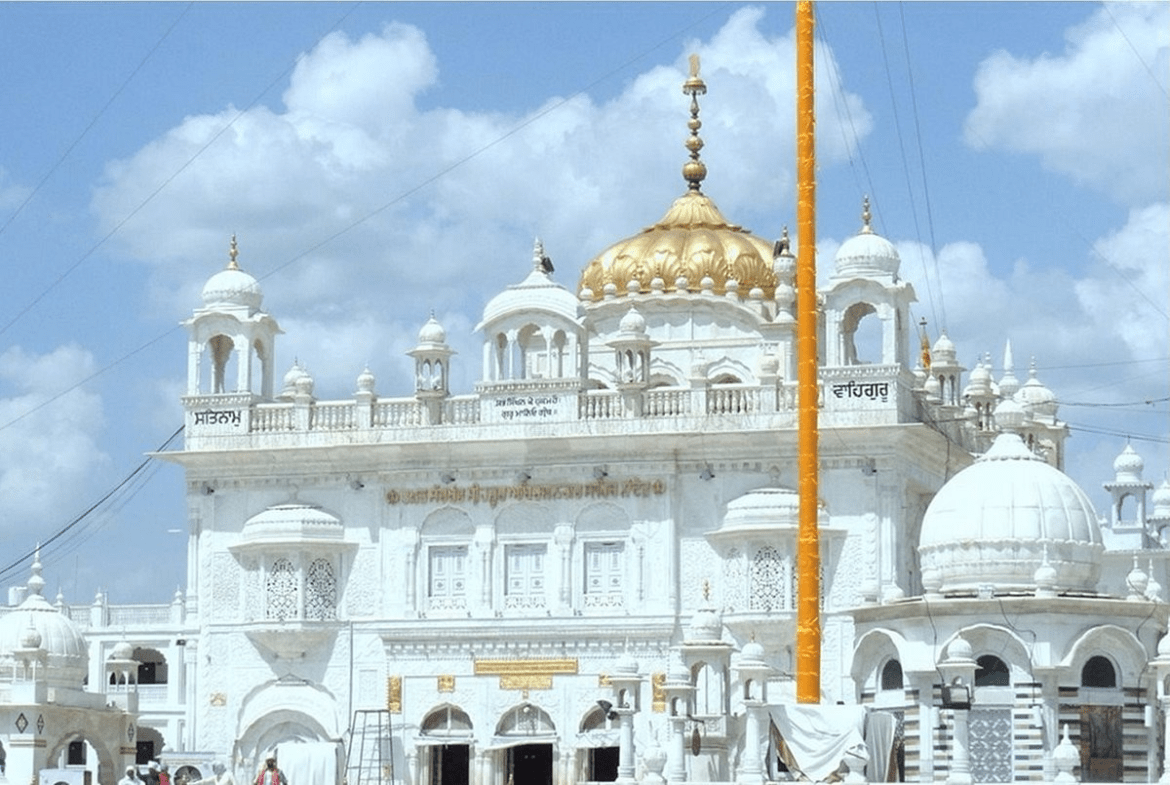AI Generated Summary
- Thus, when the Maharashtra government appointed a non-Sikh individual, Abhijit Rajendra Raut, as the administrator of the Takht Hazur Sahib Board, it triggered a swift and passionate response from the Sikh community.
- The recent incident surrounding the appointment of the administrator of the Takht Hazur Sahib Board in Maharashtra underscores the importance of handling such matters with sensitivity and empathy.
- The selection of an administrator who shares an understanding and reverence for these values is not only a matter of respect but also a practical choice to ensure the institution’s smooth functioning.
In a nation as diverse as India, the delicate balance between respecting religious sentiments and adhering to administrative decisions can often be a challenging tightrope to walk. The recent incident surrounding the appointment of the administrator of the Takht Hazur Sahib Board in Maharashtra underscores the importance of handling such matters with sensitivity and empathy.
The Takht Hazur Sahib, one of the five sacred Takhts in Sikhism, holds immense significance for the Sikh community. It stands as a historical testament to the faith, with its origins tracing back to the revered Guru Gobind Singh Ji and the establishment of the Khalsa Panth. It was here that Guru Gobind Singh Ji passed on the mantle of spiritual leadership to the Guru Granth Sahib, signifying a monumental moment in Sikh history.
The appointment of an administrator to oversee the affairs of such a revered institution naturally carries significant weight. Thus, when the Maharashtra government appointed a non-Sikh individual, Abhijit Rajendra Raut, as the administrator of the Takht Hazur Sahib Board, it triggered a swift and passionate response from the Sikh community. This decision was met with disapproval, as the Sikh circles saw it as an affront to their religious identity and traditions.
Acknowledging the strong sentiments of the Sikh community, the Maharashtra government demonstrated commendable wisdom and responsiveness by rescinding its initial decision. The withdrawal of the appointment and the subsequent appointment of Retired IAS Officer Dr. Vijay Satbir Singh, a Sikh, as the new administrator, was a welcome course correction. This decision, made after consultation and consideration, demonstrates the Maharashtra government’s commitment to accommodating the voices of the Sikh community and respecting their religious practices.
It is essential to recognize that the appointment of an administrator to a religious institution goes beyond mere administrative duties. It involves upholding the cultural and spiritual ethos associated with the institution. The selection of an administrator who shares an understanding and reverence for these values is not only a matter of respect but also a practical choice to ensure the institution’s smooth functioning.
The reaction of Sikh leaders and organizations to the initial appointment emphasizes the emotional attachment the community has to their religious institutions. The voices that arose in protest were not just political posturing but a genuine expression of concern for their religious identity. In a nation that prides itself on its secular fabric, acknowledging and addressing these concerns is an essential aspect of nurturing communal harmony.
Prime Minister Narendra Modi’s efforts to bridge gaps and build bridges with minority communities, including Sikhs, have been widely appreciated. His initiatives, such as the Kartarpur Corridor and commemorations of Sikh historical events, have contributed to fostering goodwill and a sense of inclusivity. Against this backdrop, the Maharashtra government’s initial decision stood in stark contrast and prompted a backlash.
The eventual resolution of the issue, with a Sikh administrator being appointed, sends a positive message. It reinforces the idea that government decisions should be made with due consideration of the diverse beliefs and sentiments that enrich our society. In a country where pluralism is a fundamental tenet, the Maharashtra government’s action serves as a model for how administrations should approach religious matters.
The episode surrounding the Takht Hazur Sahib Board administrator appointment serves as a valuable lesson in governance and sensitivity. It highlights the necessity of heeding religious sentiments and understanding the deeper emotional connections that individuals and communities have with their faith. The Maharashtra government’s course correction demonstrates that respecting these sentiments is not just a sign of empathy but also an affirmation of the inclusive spirit that defines our great nation.
The opinions expressed in this article are those of the author. They do not purport to reflect the opinions or views of Khalsa Vox or its members.




